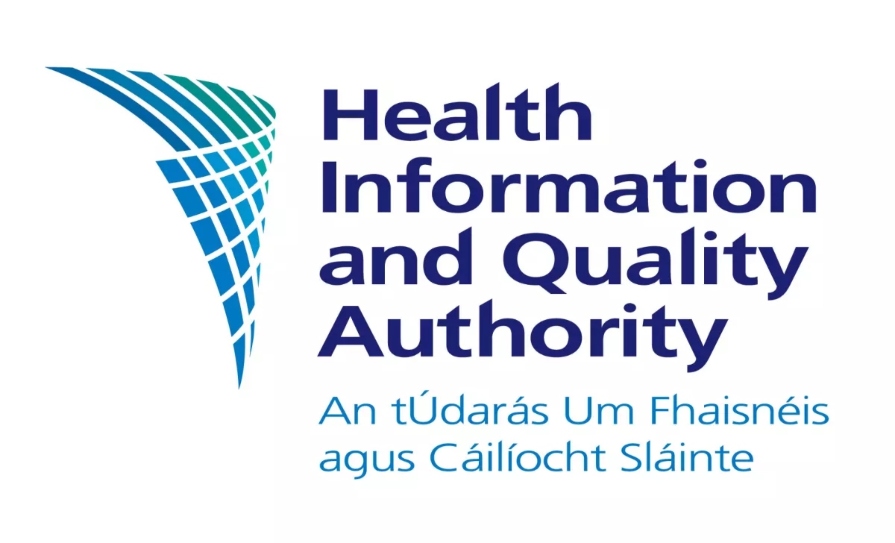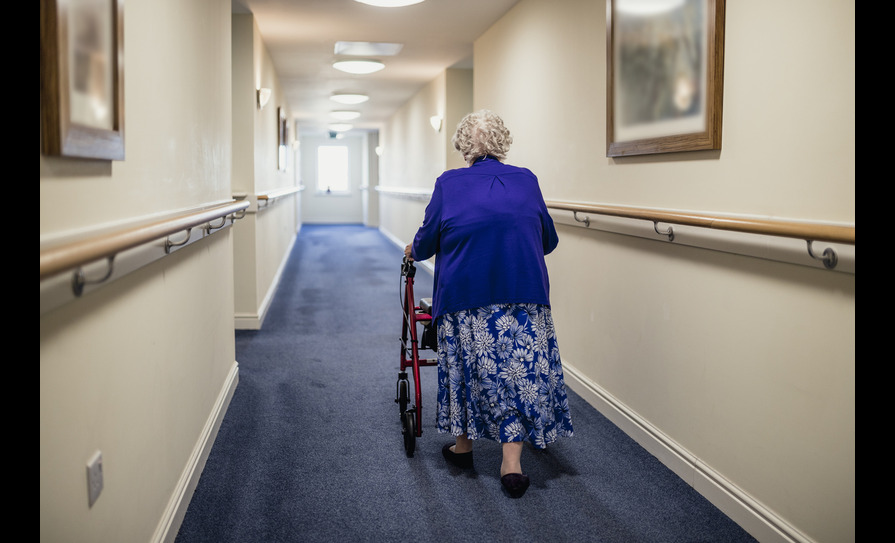The IMO has reached an agreement with healthcare management in relation to its dispute on illegal and unsafe working hours and poor working conditions for NCHDs.
The union has asked members to consider the details of the agreement and vote ‘yes’ in an NCHD ballot commencing on Monday 12 December.
If passed by the NCHD membership, the terms of this agreement will be effective from 1 January 2023. The terms will be part of the current NCHD contract pending a full contract review.
According to the IMO, its key objectives in the negotiations were to put in place rules that ensure NCHDs get sufficient rest; penalise employers and compensate NCHDs where the rules are breached; improve training supports for all NCHDs (whether on training schemes or not); enhance supports for those on rotational training schemes; recognise and put in place supports for those who are faced with “double renting” specifically attributed to the nature of the training scheme; and get a commitment for the development of a new NCHD contract
“With this agreement we have addressed or progressed all of these issues but we see this very much as a first step in changing the culture of unsafe rosters, unsustainable training structures and inadequate supports for NCHDs throughout their careers,” the IMO has informed NCHDs.
“As with all agreements we will have to monitor progress, challenge each and every breach and ensure NCHDs are paid appropriately and their contract terms are honoured. If the employer continues to breach we will revert to our mandate for industrial action.”
Rostering rules
According to the agreement, there will now be a defined set of rostering rules incorporated into the NCHD contract. Those rules are aimed at ensuring NCHDs have adequate rest periods and at least every second weekend off duty; limiting the number of consecutive days that can be worked; financially penalising the employer where rest is not granted; and compensating the individual NCHD where rest is not granted.
If an NCHD is rostered to work 10 days in a row they are entitled to be rostered off for one day, or where they are rostered for 11 days straight then they are to be rostered off for two days.
This rest must be rostered after the period of consecutive days. If they do not get to take this rest, either by being called in or due to shortages, this rest becomes ‘compensatory’ rest.
These rules also place a limit on the number of long shifts and 24 hours shifts as follows.
In any two-week period an NCHD should not be rostered for more than:
• Two 24-hour shifts
• Four 13-hour shifts
• Any combination of 13 and 24 hour shifts cannot exceed 96 hours.
“There is provision for a third 24-hour shift, in exceptional circumstances, but if so then an extra compensatory rest day will be provided.”
Night shifts will generally be outside the rostering rules but are still subject to the Organisation of Working Time Act.
The agreement provides that an NCHD cannot be rostered (on or off site) for consecutive weekends (or for any part of consecutive weekends).
“We recognise in certain specialties and sites, variance may be required, but this will require engagement with NCHDs in the site – management cannot do so unilaterally,” said the IMO.
Verification of working hours
The IMO and HSE “are agreeing a revised verification system” for working hours. It will be based on hours worked and not hours rostered; the fining system on hospitals will be more transparent and clearer; and fines levied will benefit the NCHDs on the site impacted.
The HSE has “committed to all sites having an electronic time recording/clock in system”, according to the IMO.
Payroll
From July 2023 all NCHDs in HSE sites (including CHOs) will be on one system and the aim is to have all voluntary sites on that system by the end of 2023. This should remove the payroll and tax issues which arise on changeover, according to the IMO.
While the introduction of a single payroll system should address the emergency tax issue, an interim temporary system to address this issue has been agreed.
“NCHDs changing employment will receive an extra payment of €850 in their first payment from their new employer following changeover. This will be subject to tax and other deductions. When the emergency tax issue is addressed in the following payroll, the €850 will be deducted from pay. This will be deducted from gross pay which will address any tax issues. This will generally be in 3rd payroll for fortnightly pay, or 2nd for monthly pay. If there is a case of ongoing emergency tax this can be addressed locally, and arrangements put in place.”
Meanwhile, the relocation expense has increased to €1,000, and NCHDs can now make a claim once or twice a year as required. The annual limit is €1,000. These supports only apply to doctors on training schemes, as revenue guidance requires that NCHDs be required to move by their employer to qualify.
For NCHDs who are paying double rent, or have a mortgage and rent due to training, the IMO have sought extra and reliefs in these talks.
The agreement specifically provides as follows: The parties acknowledge that there is a particular issue for NCHDs who rotate and have to rent a second residence. The Department of Health and HSE agree that measures are required to address this specific issue and such measures will be agreed between relevant parties as a matter of priority.
Increases in the amount available under the Training Support Scheme as well as added flexibility as to what can be claimed, have been secured.
The full details of the agreement are outlined in a document and summary document sent to IMO NCHD members.
According to the IMO, it focused on issues on which it balloted during the negotiations. However it also sought a commitment on the development of a new NCHD contract so as to achieve a contract that is fit for purpose and addresses:
– Demographic changes in the NCHD population
– Gender equality issues
– International doctor Issues
– Improved training structures and supports
– Work life/study balance
The HSE and the Department of Health have agreed to commence negotiations on a new NCHD contract in January 2023













Leave a Reply
You must be logged in to post a comment.